‘Hi God’ to juggle knowledge, faith
Nov 7, 2019
Do knowledge and faith conflict or intersect? How does a person of faith navigate the world of academia? What is it like to feel out of place in higher education?
Grace Mertz will face these questions in her one-woman show “Hi God” on Nov. 7, 8 and 9. The production will take place at 7:30 p.m. on each date in the Lang Hall Interpreters Theatre.
The play is Mertz’s response to her undergraduate and graduate experiences as a person of faith. Among these experiences, she said, is the consistent notion that Christians lack the intelligence to pursue academia, as well as expressions of hatred and threats of physical harm towards people like her.
“It’s just not a super productive environment for people of faith,” said Mertz, a second-year graduate student in performance and communications studies. “The constant assumption that because I believe in something I can’t see, I have no grasp of logic — yeah, which I think is a false dichotomy.”
The play’s inception transpired last fall when Mertz first arrived at UNI. Lonely, with few people to speak and process life and faith experiences with, Mertz said she started writing letters to God. The emotions expressed in the letters — some of which are currently displayed outside the Interpreter’s Theatre in promotion of the show — range from confusion and frustration to gratitude and celebration.
One letter, dated May 1, 2019, reads: “Hi God […] Thank you for the terrible wonder of doing a new thing every day. Thank you for this world that made it through the winter and is glowing in the spring. If I can ask for one thing, God, I’d like to glow, too.”
Midway through her second semester at UNI, Mertz’ inner ponderings evolved from written letters to become the basis of her master’s thesis: a show written, directed and performed entirely by her. Her advisor, Danielle McGeough, aided the process of transforming the letters into a script — now in its seventh or eighth draft, Mertz said. The production further evolved during the last few weeks of technical rehearsals with the addition of lighting, blocking and final polishing tweaks.
“It’s made it a lot more real to me that this is something that’s happening, and that I’m going to share this with people, and hopefully they’re going to connect with it a lot.” Mertz said. “Yeah, it’s turned it from more of a nerve-wracking thing to just exciting.”
One issue addressed within the play with which audience members may connect is Imposter Syndrome, defined as “a collection of feelings of inadequacy that persist despite evident success,” according to a sign displayed by Mertz’ letters outside the theatre.
Although its subject material may be weighty, Mertz assured potential attendees there would be many light-hearted moments throughout the performance.
“It is as much comedy as possible with a topic like this,” she said. “I do best when I make fun of myself.”
Joining Mertz on stage will be her ukulele, named “Ulysses.” While partly for comedic effect, Mertz said she wrote music into the script for its ability to convey messages more effectively than spoken word.
Mertz didn’t always know she wanted to pursue performance. She didn’t do much theatre before college but discovered performance studies as an undergraduate student at St. Cloud State University in Minnesota. Now specializing in autoethnographic performance, Mertz said her objective is unlike traditional theatre in its constant creation of something new; rather, it is to tell her own story and relate it to broader social, cultural and political narratives — as well as to individuals’ experiences.
“I didn’t know that existed until I went to college,” Mertz said. “So when I found out, I was so excited because I’ve always been a writer, and it’s so fun to write something and then stand it up and have people respond, like, in the moment.”
The response Mertz hopes to elicit from her audience is the realization that, if they question their place or lack a sense of belonging, they are not alone.
“Everybody’s lonely and everybody kind of wonders if they’re good enough, but we just don’t voice it often enough,” she said. “And if we talked about it more, we would help each other a lot.”
For professors who attend the show, Mertz hopes to inspire a change in attitude toward people of faith in their classrooms, including the expectation that those who have progressed through the higher education system have outgrown non-academic beliefs.
“So much on the conversation about faith in academics is structured around, ‘Well, this is what the generation before us believed; this is what our parents believed, but we’ve grown out of that and we’re too good for that and we’re smart enough to not think about that anymore,’” Mertz said. “So I just don’t think that professors realize they’re doing it, but it’s just the narrative of academia. But I would love for a lot of professors to just take a second and rethink their assumptions.”
While “Hi God” may portray Mertz’ own experiences and reflections, she hopes that her story resonates with those who hear it.
“The point of telling my story is not to tell my story,” she said “It’s to open a space for other people to tell their stories back and say, “Oh, this is how I’ve felt excluded or like I haven’t belonged in higher education.”
After each performance, a station with materials will be set up in the theatre, and audience members are invited to write letters of their own — to God, to important figures in their academic careers or to anyone else they choose.
Mertz herself has continued maintaining a regular written correspondence with God, even though she said the loneliness that first spurred it has since dissipated.
“After the show’s over, I’m probably just going to shoo everybody out of the theatre for a second, and I’m going to need a minute to write a letter,” she said.
Admission for “Hi God” is free and open to the public. Seating is limited. Tickets are available on Eventbrite.

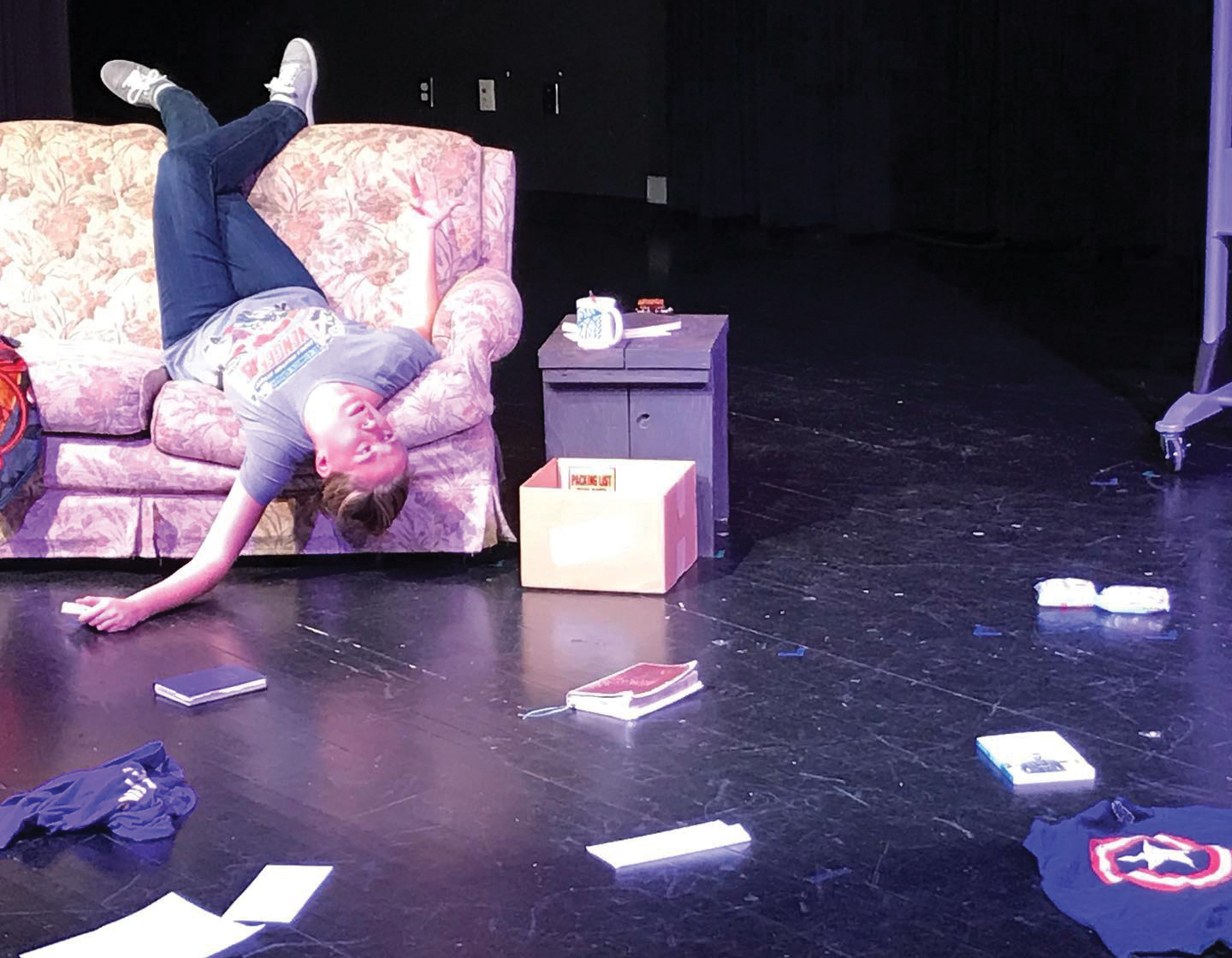
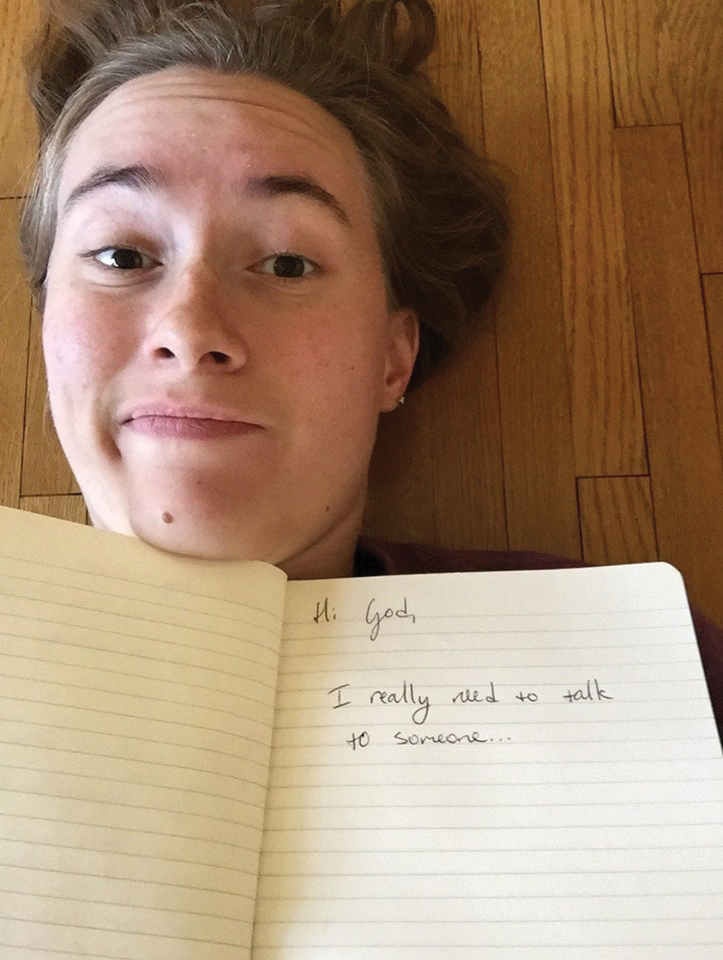
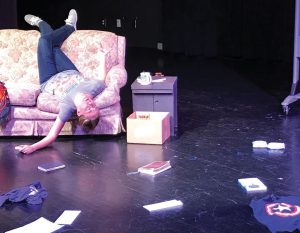
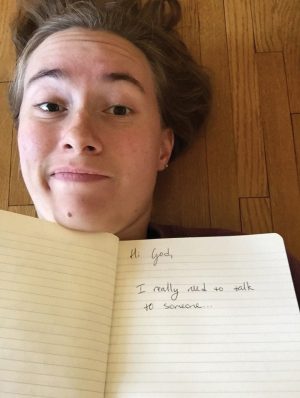
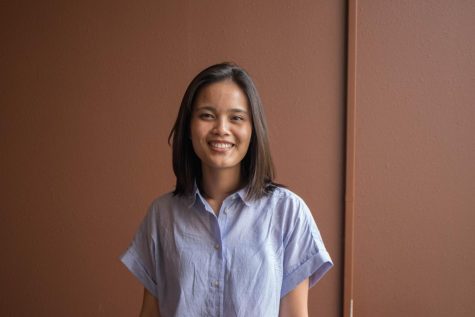






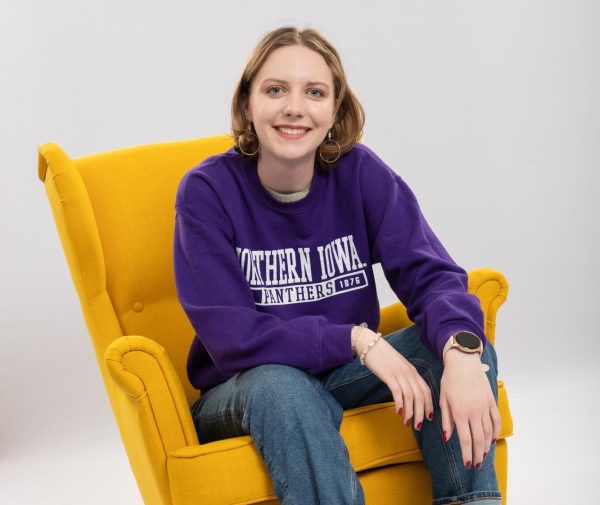
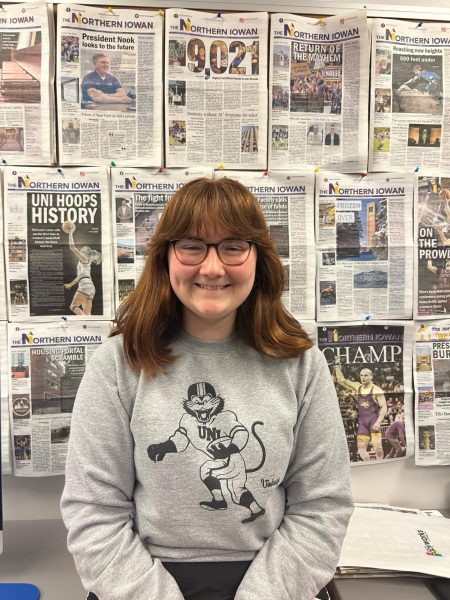




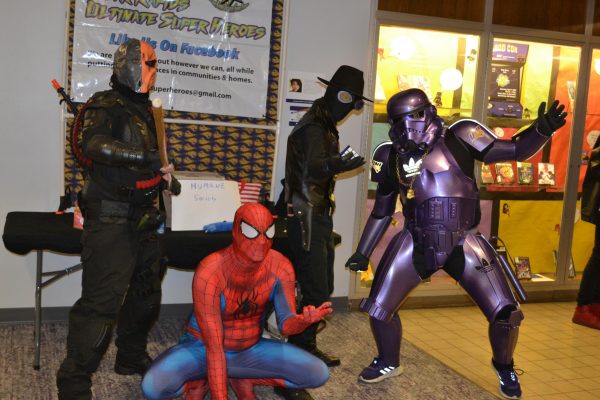
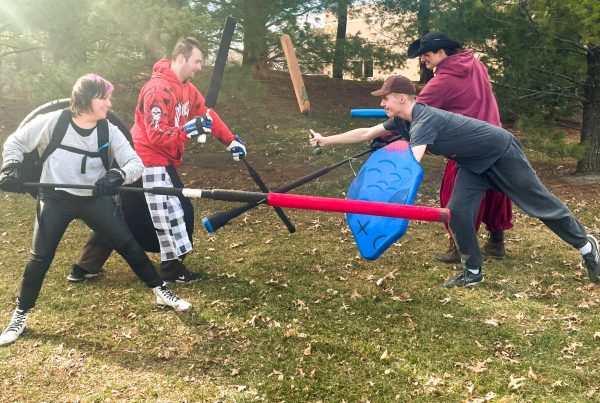
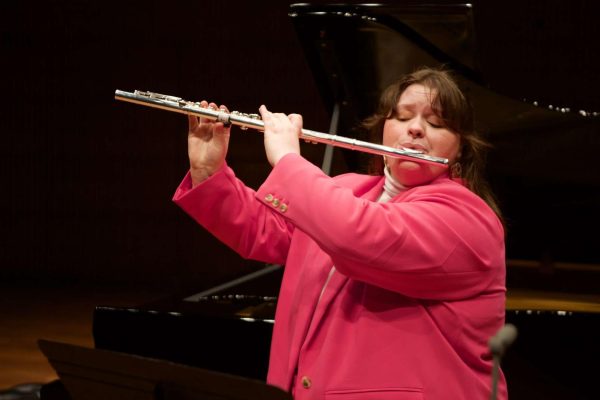
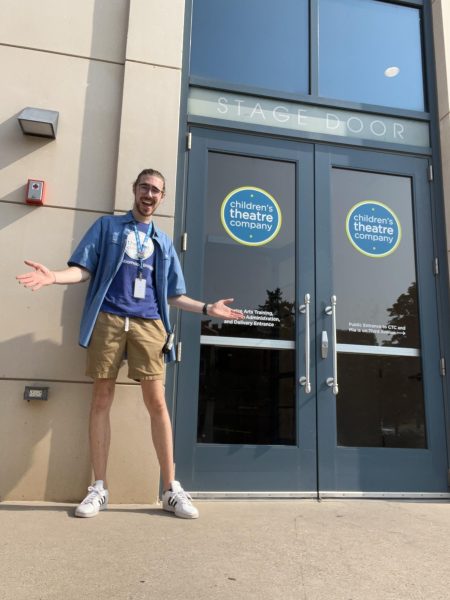
Ruth Walker • Nov 9, 2019 at 12:49 pm
I thought Grace showed well the challenges many of us encounter in growing up and realizing that everyone hasn’t reached the same conclusions as those from whom we’ve been carefully taught. It’s unfortunate that religions so often reject questioning.